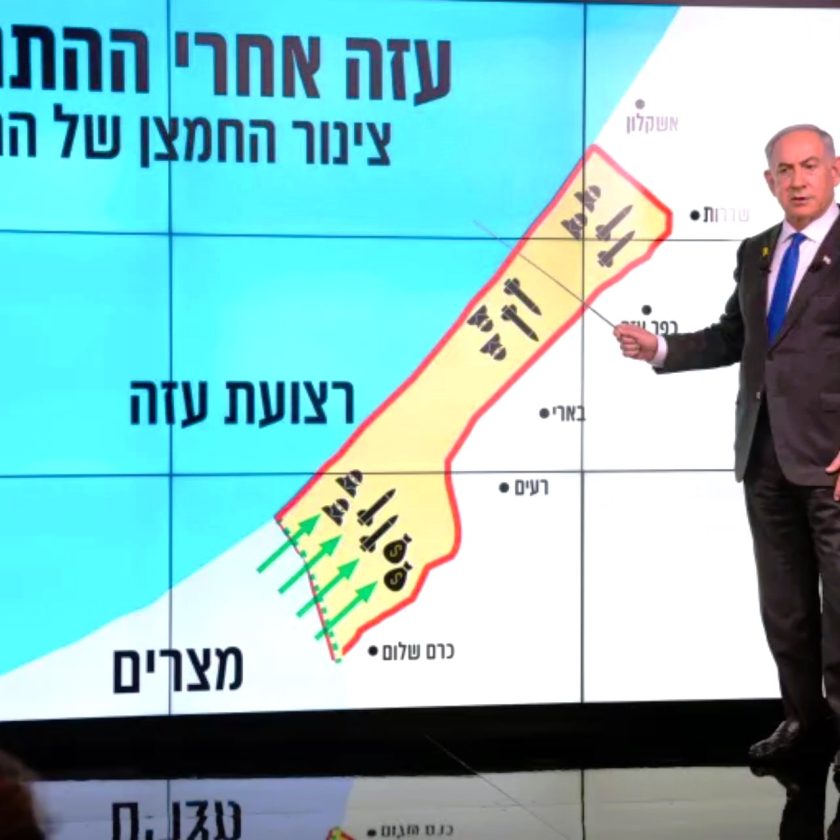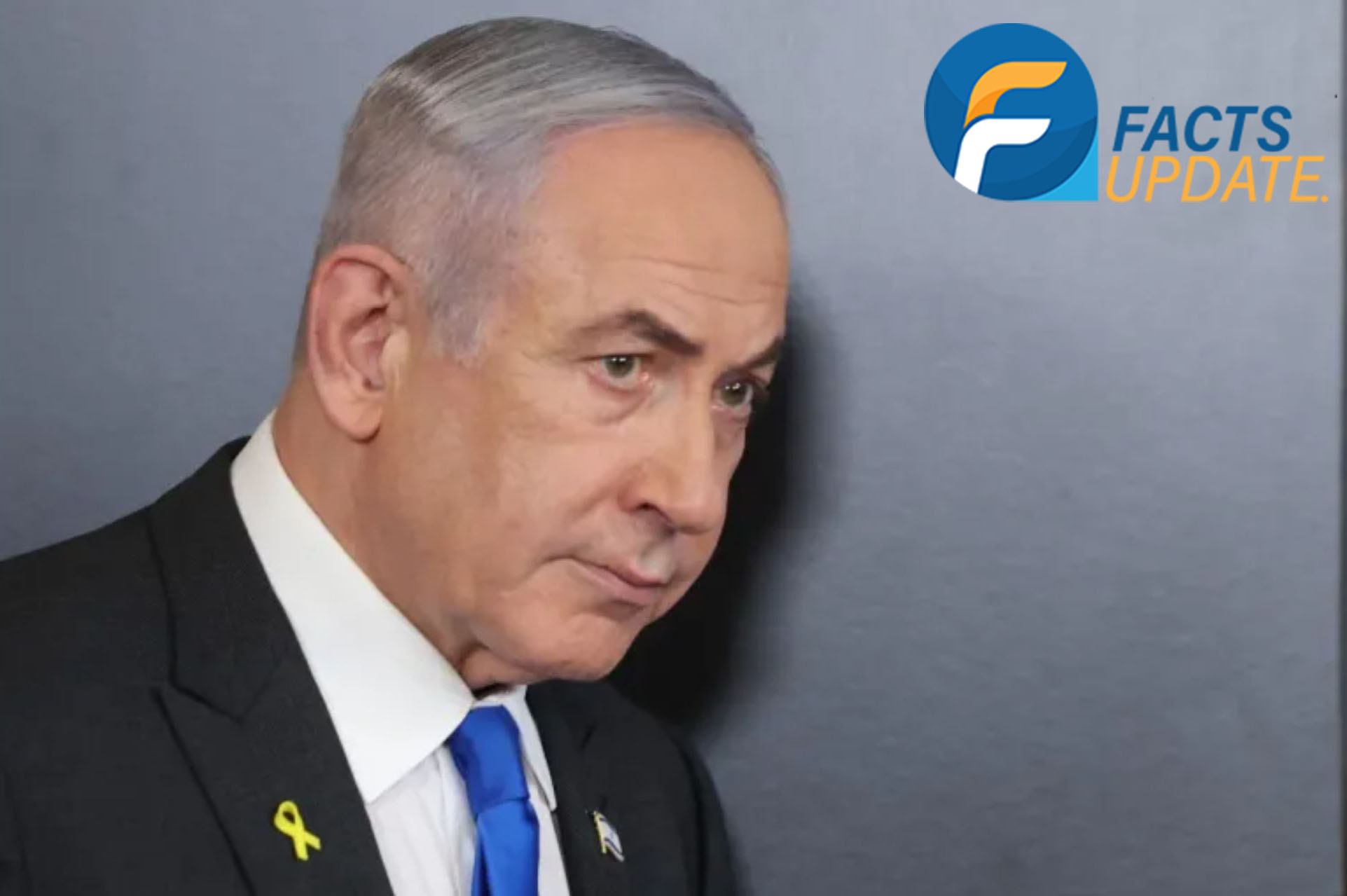The Philadelphi Corridor has become a sticking point in ceasefire talks as Israel’s war on Gaza wears on and the Palestinian death toll nears 41,000.In late May, Hamas and Israel seemed close to an agreement that would have involved the withdrawal of Israel from Gaza, the release of about 90 captives held in Gaza by armed groups and the freeing of hundreds of Palestinians from Israeli prisons.
However, Israeli Prime Minister Benjamin Netanyahu then added four non-negotiable conditions, including keeping control of the Philadelphi Corridor, a 14km (8.5-mile) strip of land bordering Egypt. On Monday, Netanyahu doubled down: “The axis of evil needs the Philadelphi Corridor, and for that reason, we must control [it]. “Hamas insists for that reason that we not be there, and for that reason, I insist that we be there”.
Avoiding a ceasefire?
Hamas may have smuggled items, potentially even weapons, via Philadelphi in the years before October 7, analysts told Al Jazeera, but Israel had not been concerned with controlling it. Late more to the maintenance of war on Gaza than any real security concerns. “It’s basically an excuse that Netanyahu is using at this point,” Zachary Lockman, a Palestine-Israel expert at New York University, told Al Jazeera.
“He’s looking for any pretext he can find to avoid a hostage or ceasefire deal.” Netanyahu has come under domestic criticism from figures such as his defense minister and fellow Likud party member, Yoav Gallant. “We make the Philadelphi Corridor a priority at the expense of hostages’ lives, morally speaking this is an outrage,” Gallant told ministers, according to The Times of Israel. Some military figures have criticized Netanyahu’s decision on strategic grounds. Israeli army Chief of the General Staff Herzi Halevi said keeping soldiers at the Philadelphi Corridor would expose them to “unnecessary risk”.
Borrowed Time:
But analysts say that Netanyahu knows he is on borrowed time, and that the end of the war could be the end of his premiership. “Netanyahu is a total failure on national security and foreign policy,” Alon Pinkas, a former Israeli ambassador and government adviser, told Al Jazeera, “but he’s a good politician.
That’s why he will continue with a series of conflicts running side by side, maintaining several fires burning at the same time from the territories of Gaza, the occupied West Bank, Lebanon, and even beyond, until he sees an opportunity to win another election, the pundits suggest. On October 7, Hamas led attacks on southern Israel, killing 1,139 and taking around 240 hostage, some 90 of whom continue to be held in Gaza, with the vast majority believed to still be alive. He is not there anymore today, and public opinion in Israel has changed a lot since the month of October.

Percent of Israelis believed Netanyahu should resign immediately. Yet another poll taken this week indicated that he was slightly behind his main opponent, former military chief Benny Gantz, by only 1 percentage point. That was Netanyahu’s gain until Saturday when six bodies of captive Israelis were found in Gaza. The tragic discovery led out thousands of Israelis onto the streets as they demonstrated against the actions and decisions of their government.
“Israeli society is currently very fragmented, and there is a sense of outrage from so many quarters…. It’s as if Netanyahu thinks that as long as there is that existential threat from outside the country, the turmoil and unrest within the country at large can be, to a certain extent, contained and unified through the pressure exerted from that external threat,” said Omar Rahman, fellow at the well-regarded Middle East Council on Global Affairs, in an interview with Al Jazeera. At the very moment those pressures and threats disappear, the factions will resurface, demands for him to step aside will become more vociferous, and internal tension will begin to mount.
Is Netanyahu attempting to redefine Camp David?
While Israeli boots on the ground in Gaza may be a big stumbling block for Hamas, Philadelphi is the equivalent stumbling block for another party. Egypt, which brokered these cease-fires, does not want to see Israeli military personnel in the corridor because it would be a violation of their treaties between both nations. It also has internal considerations: Egyptians are staunchly pro-Palestinian, and many want their government to do more and would be unhappy with armed Israelis present on the border.
Internal Considerations:
However, as Egypt stands among the select few Arab nations that have established normalized relations with Israel, neither domestic pressures nor its rejection of Israel’s Philadelphi demand have compelled it to consider ending those agreements. The two nations signed a treaty in 1979, by which they agreed to peace, only a year after the historic Camp David Accords brought together then-Egyptian President Anwar Sadat and Israeli Prime Minister Menachem Begin.
This first peace treaty between Israel and an Arab state guaranteed Egypt backing and financial assistance from the US: $2.1bn a year – $1.3bn in military aid and $815m in economic help. “Clearly, Egypt has made noises, but I do not think it wants to renounce altogether because it is linked to its relationship with the US,” Lockman said. Egypt, however, has been vocal in increasing measure regarding Israel’s actions in the West Bank.
Last May, Cairo joined South Africa’s genocide case against Israel at the International Court of Justice when Israel acted in disdain of international warnings against launching an offensive on the southern Gaza governorate of Rafah, to which about half of Gaza’s population had been displaced. It attacked Netanyahu on Tuesday for misleading the Israeli people and reaching for excuses to hold up the ceasefire negotiations.

Netanyahu accused of failing:
A day earlier, Netanyahu had accused Egypt of failing to secure the Philadelphi Corridor to block tunnels being dug under it and giving “oxygen” to Hamas. Egypt is “clearly unhappy with this and wants some sort of deal as well”, Lockman said, adding that unless Netanyahu is persuaded otherwise, it is “essentially beyond their control”.
But even the prospect of an unhappy neighbor and internal and international criticism have so far failed to shift Netanyahu off his demands over Philadelphi.

